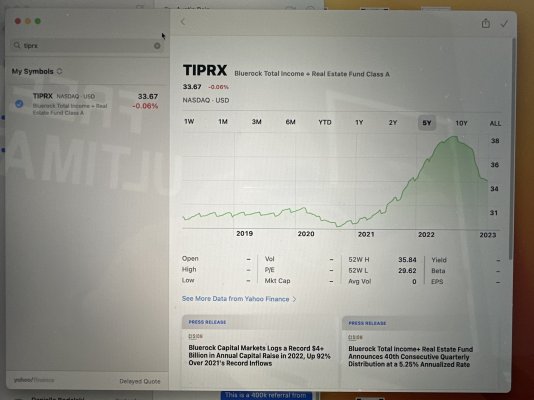THIS. It's always amazing to see people who are good at math shred the idea of a one time 5% upfront load, but stay silent on a recurring .8%+ fee.
Assuming another's intentions is a fool's errand, so let's dispense with that. That math your FA suggested is right, but you also have a valid concern: Will they continue to serve you once you'd already paid your fee? The key is to be confident that they will. That's your judgement call. Also keep in mind that A share mutual funds have recurring 12b1 service fees (that are part of their internal management fees) that are paying that advisor to retain and serve the client. I can assure you when I was an FA I had many clients that were already "all in", and I had not only all their money but likely most of what I'd ever see from them. And yet, I gave them every ounce of energy they needed and deserved from me. IF you want full service from an FA, an upfront load will be cheaper than a recurring fee. If you don't want full service, no problem, go a different route. It's as simple as that.
And to the person that said "They prey on the elderly and the who don’t know the basics of investing.", it was common knowledge for us that a better educated client was a better client. You may not believe or agree with that, but that is 100% true. The depiction of all FAs as being this sinister group of never-do-gooders is comical and sad to those of us who have actually and personally known hundreds of them.
I don't think I made the particular quote you were reacting to, but our experience with an advisor was not good and I think the problem is the incentives in the industry. The incentive for the AUM advisor seems to be to always keep selling rather than helping existing clients. After we signed up, I started to read sites like this one and it only took a few months before I felt like I knew more about what we needed than our advisor (our needs are pretty simple).
I started to notice that we were getting the same line of patter, sometimes word for word, at every meeting. Then the meetings got less and less frequent, so eventually we were paying enough in fees and fund costs to buy a new car every year and all we were getting maybe 1-2 hours of these waste-of-time meetings. Meanwhile nothing else we were promised like rebalancing was happening either. The "tax efficiency" talked about was just puffing, the funds were weren't particularly good at that.
The last straw was when we told him we were planning to retire, there was not one word about retirement planning, or even a hint that while he couldn't help us with planning, it was complicated and maybe we should hire someone. Nope. Instead, we got the original sales pitch, nearly verbatim, as all he wanted was for me to roll my 401k to an IRA for him to manage.
Now, he did not churn the account or doing anything illegal or improper, he just charged a whole lot of money for access to his funds and his very minimal effort. Seeing others here and elsewhere that had about the same experience, we are far from being exceptionally unlucky in picking one.
It still gets under my skin and recently I was fuming to my wife about the money we wasted with this guy. I said something like "we were buying him a new car every year, while we drive 10-15 year old beaters". She replied, "well we didn't buy his whole car, he drives a Maserati". She wasn't joking.
The one-time-fee model does a better job of aligning incentives, but I can see that except for a few well known names in the industry, most of those kind of advisors will starve because the sales costs can be just about as high to sell a few thousand dollar plan as an AUM advisor has that is taking several times that much per year. I'll also bet it's hard to sell a one-time-fee plan to young folks that don't have a lot of assets, a few thousand $ needed for the planner to make a profit may be a crazy-large chunk of their net worth. So I have no solutions, but the current system seems pretty broken and people that feel taken advantage of for big $ will hold a grudge against the entire advisor industry forever.


